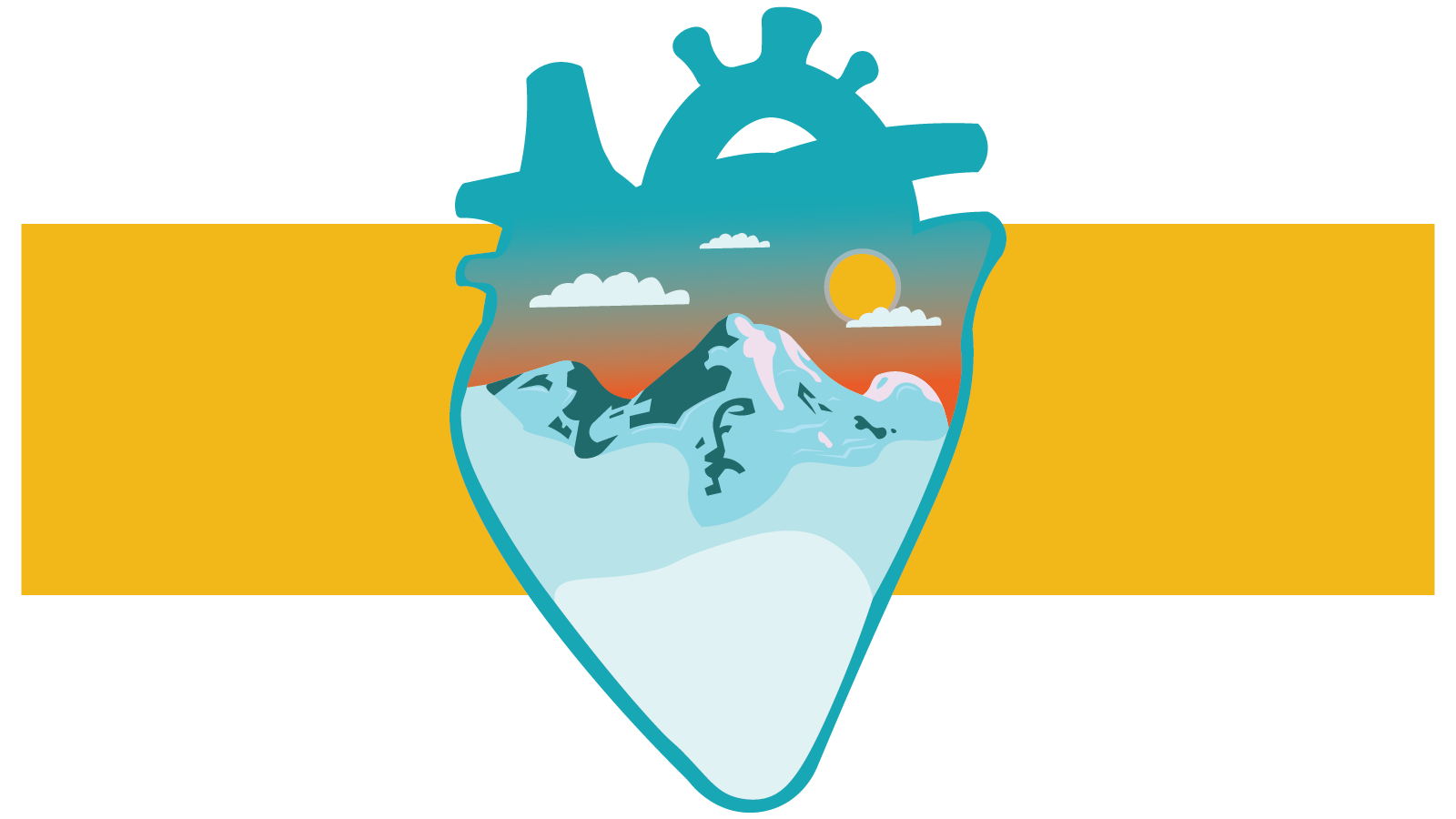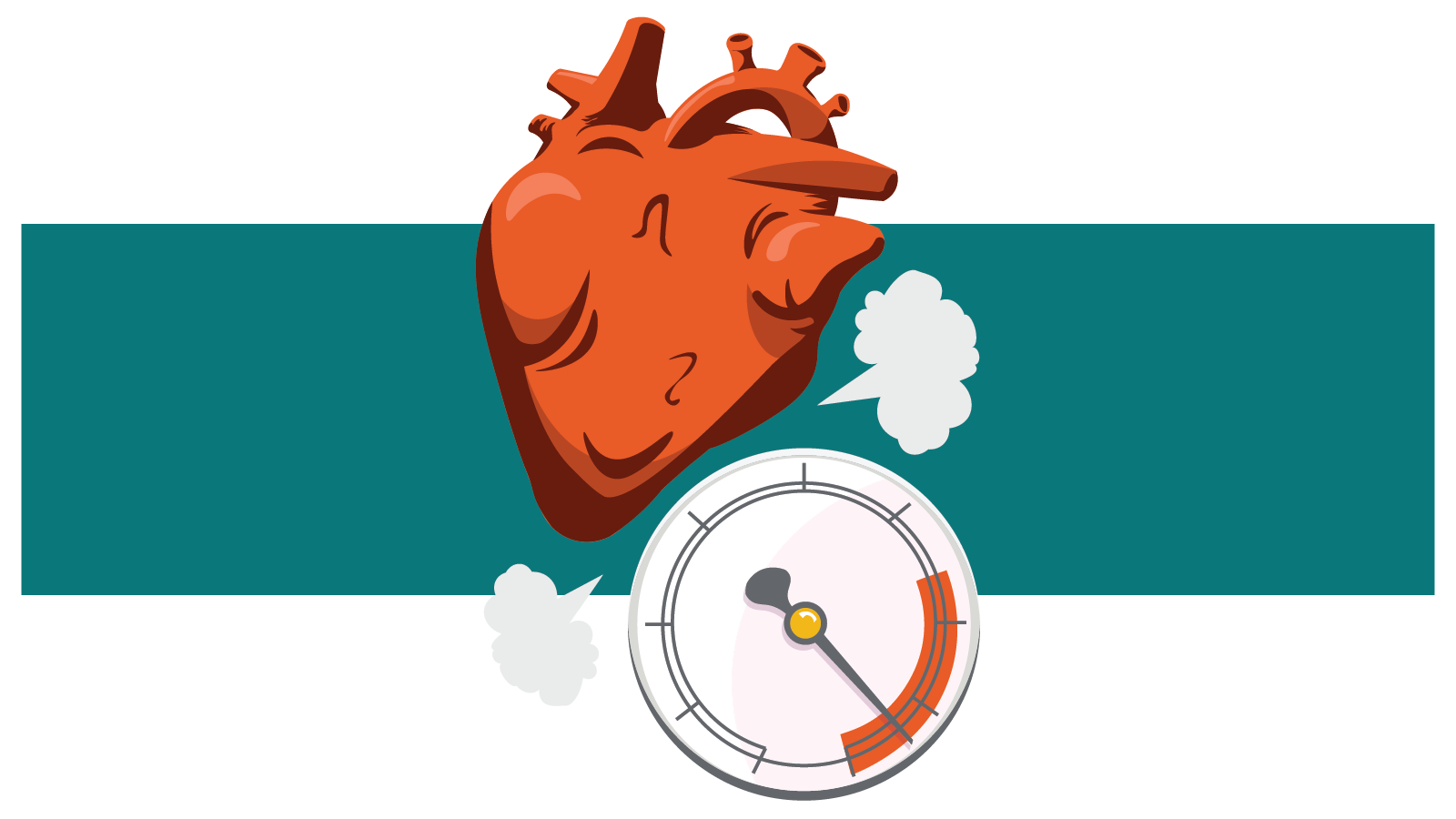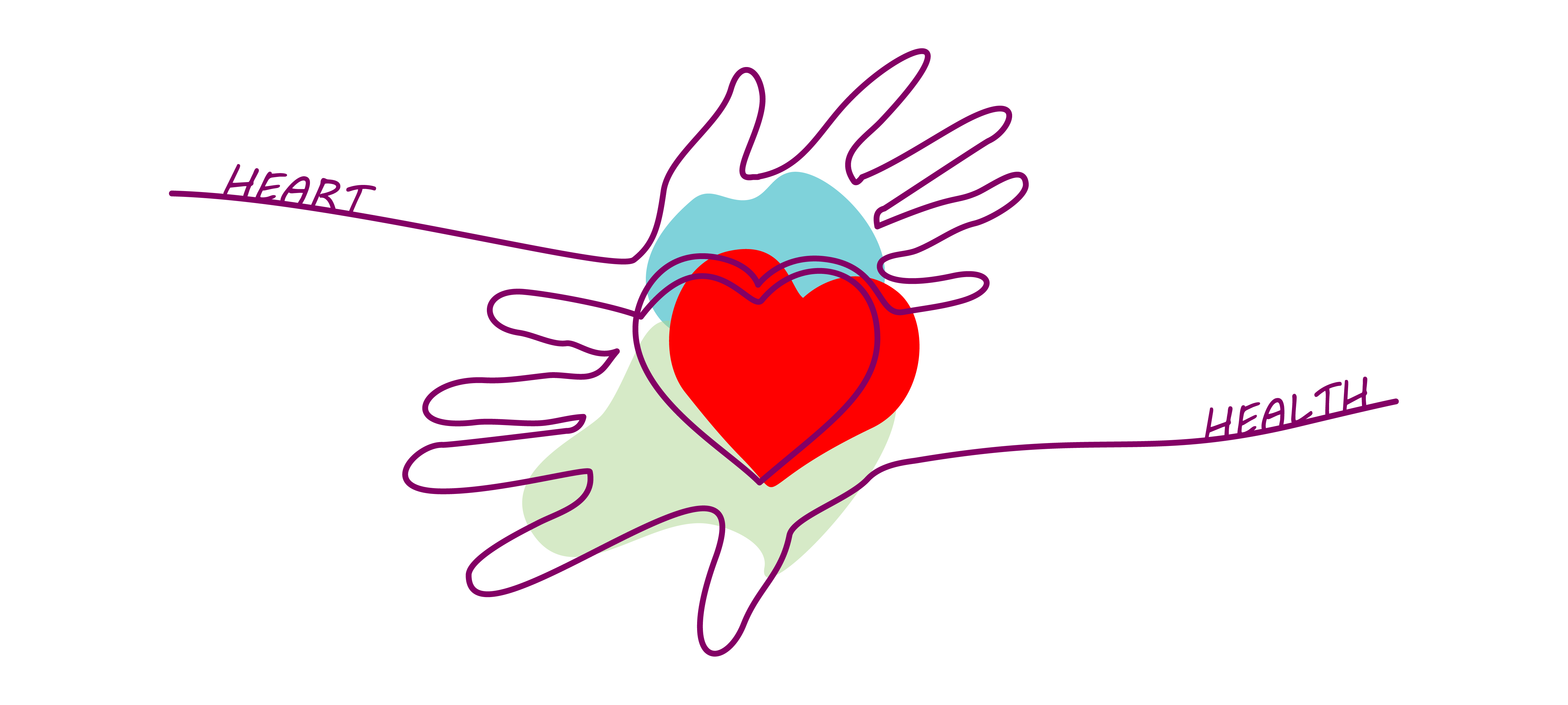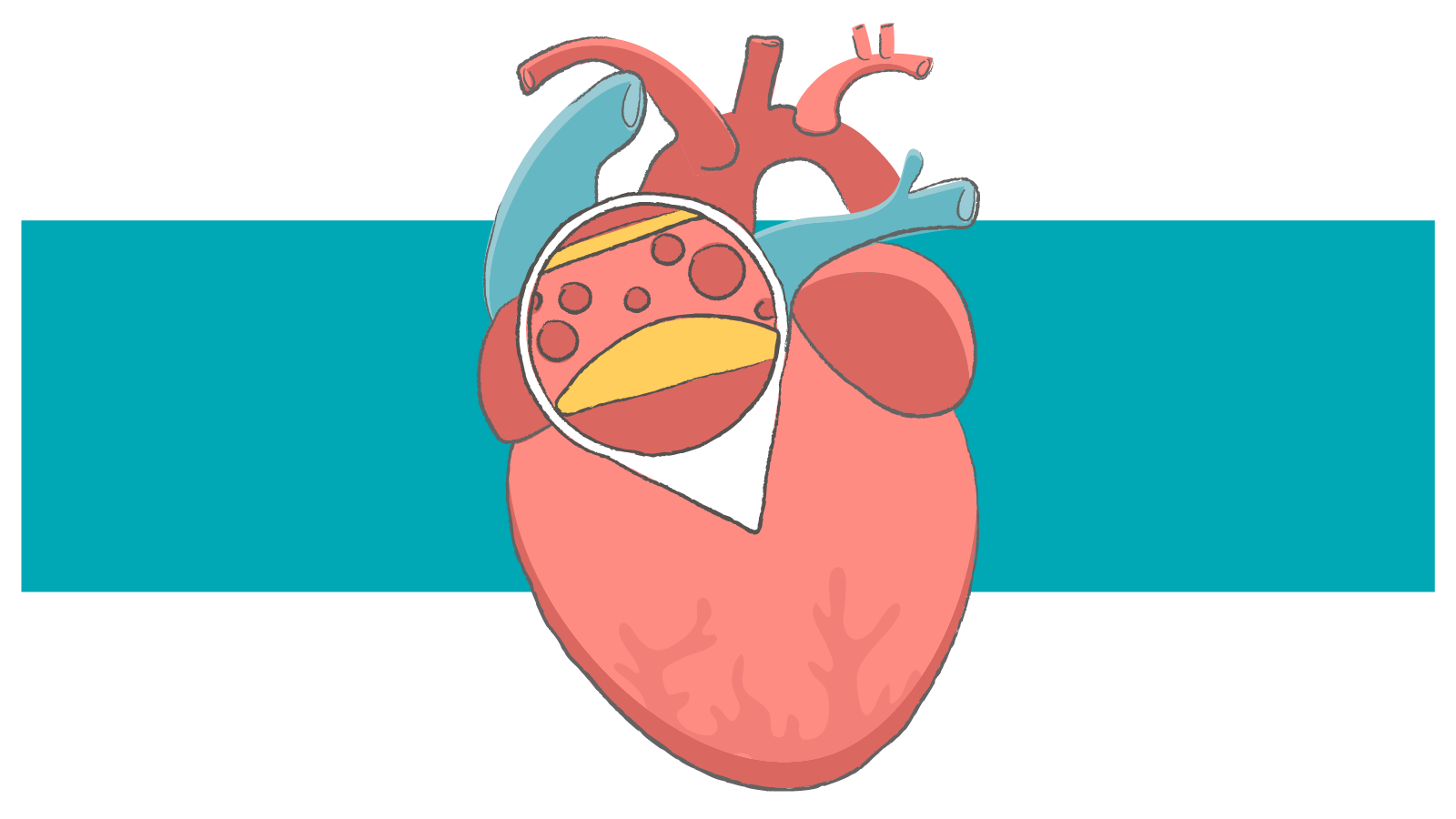Listen Closely (Your Heart is Talking to You!)
Hand over heart—when was the last time you checked in with your cardiovascular health? Checked your blood pressure? February is National Heart Health...

Hypothermia, frostbite, trench foot, chilblains—without preparation and proper equipment, these cold-weather injuries can take down anyone, no pre-existing condition required. What we’ve learned recently about exposure to extreme weather adds yet another layer of caution when outdoors in these conditions: without proper protection from cold and heat, extreme weather tends to increase cases of heart attacks worldwide.
Last December, the journal Circulation published a 40-year study that captured the attention of the cardiovascular health field and patients around the world. From 1979-2019, researchers from the Harvard T.H. Chan School of Public Health studied more than 32 million deaths related to cardiovascular disease in 27 countries. With this data, researchers analyzed heart disease-related deaths on the hottest and coldest 2.5% of days, and compared them with cardiovascular deaths on days with optimal temperatures. Here’s what they found:
However, there is room to consider established climate in the mix, according to the authors: “There is evidence that people can adapt, at least partially, to the temperatures that they are used to experiencing. Therefore, the impact of a given extreme temperature event on human health can depend on where and when it occurs.”
This is not the first study pointing to a relationship between extreme temperatures and heart functionality. One similar 2018 study from Sweden published results indicating a high incidence of heart attack on days with:
As we begin to experience more occurrences of unusual and intense weather events, exposure to these extremes can catch people unprepared and vulnerable to sudden cardiovascular illnesses and death.
According to the Cleveland Heart Lab, following these precautions increases the chance of getting through winter thoroughly thawed out.
And, they add, if you need to dig out after a snowfall (or perform any strenuous activity in the cold), protect yourself with these steps, according to the Cleveland Clinic:
Research published in the American Heart Association’s flagship journal, Circulation, suggests another proactive approach to preventing cardiovascular deaths during temperature extremes: “Targeted warning systems and advice for vulnerable people.”
In the spirit of this advice, if you can think of someone dear to your heart who may benefit from this information, spread the news!
Your Healthcare Highways Health Plan may cover care coordination services to help qualified members living with chronic conditions but also any qualified member who wants help improving their heart health.
If you are a health plan member and would like to learn more about care coordination benefits, call us! Our Customer Experience Advocates team will help you find out if you qualify for this no-cost personalized service and connect you with the care you need. Check your Healthcare Highways Health Plan ID card for your Customer Experience Advocate team's phone number, or reach out online. We'll take it from there!

Hand over heart—when was the last time you checked in with your cardiovascular health? Checked your blood pressure? February is National Heart Health...

Overview of Cardiovascular Disease Cardiovascular disease (CVD)—a broad, umbrella term that includes heart disease and stroke—is the number one cause...

High cholesterol increases the risk of heart disease, the leading cause of death in the U.S.